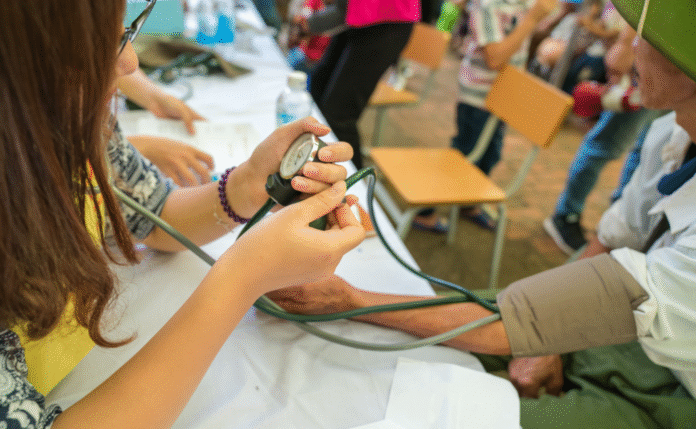The World Health Organization (WHO) has issued a stark warning that uncontrolled high blood pressure (hypertension) poses a severe health threat to over a billion people worldwide. Despite being preventable and treatable, hypertension remains one of the leading causes of heart disease, stroke, kidney failure, and premature death.
A Silent Global Epidemic
Hypertension, often referred to as the “silent killer,” affects nearly one in three adults globally. WHO’s latest report highlights that millions remain undiagnosed or untreated, with many individuals unaware of their condition until they face life-threatening complications.
Dr. Tedros Adhanom Ghebreyesus, WHO Director-General, stated:
“Every country can save lives and reduce healthcare costs by improving prevention, detection, and treatment of high blood pressure.”
Key Risk Factors
The rise in hypertension cases is closely linked to unhealthy diets, physical inactivity, obesity, smoking, and excessive alcohol use. Stress and lack of awareness also contribute significantly to the crisis.
WHO experts warn that without urgent intervention, the burden of hypertension could undermine healthcare systems and increase global mortality rates.
Preventive Measures and Treatment
WHO stresses the importance of:
-
Early detection and regular check-ups
-
Adopting a balanced diet low in salt and high in fruits/vegetables
-
Maintaining an active lifestyle with regular exercise
-
Avoiding tobacco and limiting alcohol consumption
-
Ensuring access to affordable medication and treatment programs
Case studies from several countries show that organized public health campaigns and affordable treatment plans can drastically reduce hypertension-related deaths.
Global Call to Action
The organization has urged governments to prioritize hypertension control programs as part of their public health agendas. By scaling up detection and ensuring universal access to treatment, WHO estimates that millions of lives can be saved every year.
High blood pressure is one of the most preventable global health threats, yet it continues to endanger over a billion lives due to lack of awareness and access to treatment. WHO’s warning serves as a reminder that urgent, coordinated action is essential to curb the growing crisis and safeguard public health worldwide



